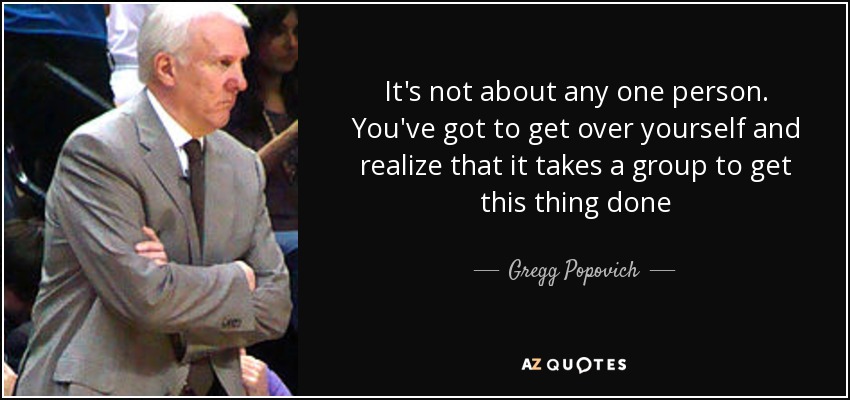This is a big time of the year for the National Basketball Association (NBA) with the excitement of the playoffs and upcoming NBA Finals matchups, so it gives us a good reason to pause and learn some leadership lessons from the NBA’s winningest head coach.
Gregg Popovich took over as coach of the San Antonio Spurs in 1996. With 23 years and counting, he is the longest tenured active coach in any of the major sports in the United States. Called “Coach Pop,” he has led the Spurs to a winning record in every season, surpassing Phil Jackson for the most consecutive winning seasons in NBA history. During his tenure, the Spurs have won all five of their NBA titles; and Popovich is one of only five coaches in NBA history to win five titles.
A few years ago, Leadership Case Studies published The Leadership Lessons of Gregg Popovich: A Case Study on the San Antonio Spurs’ 5-time NBA Championship Winning Head Coach.
Click here for my summary of the book.


